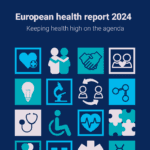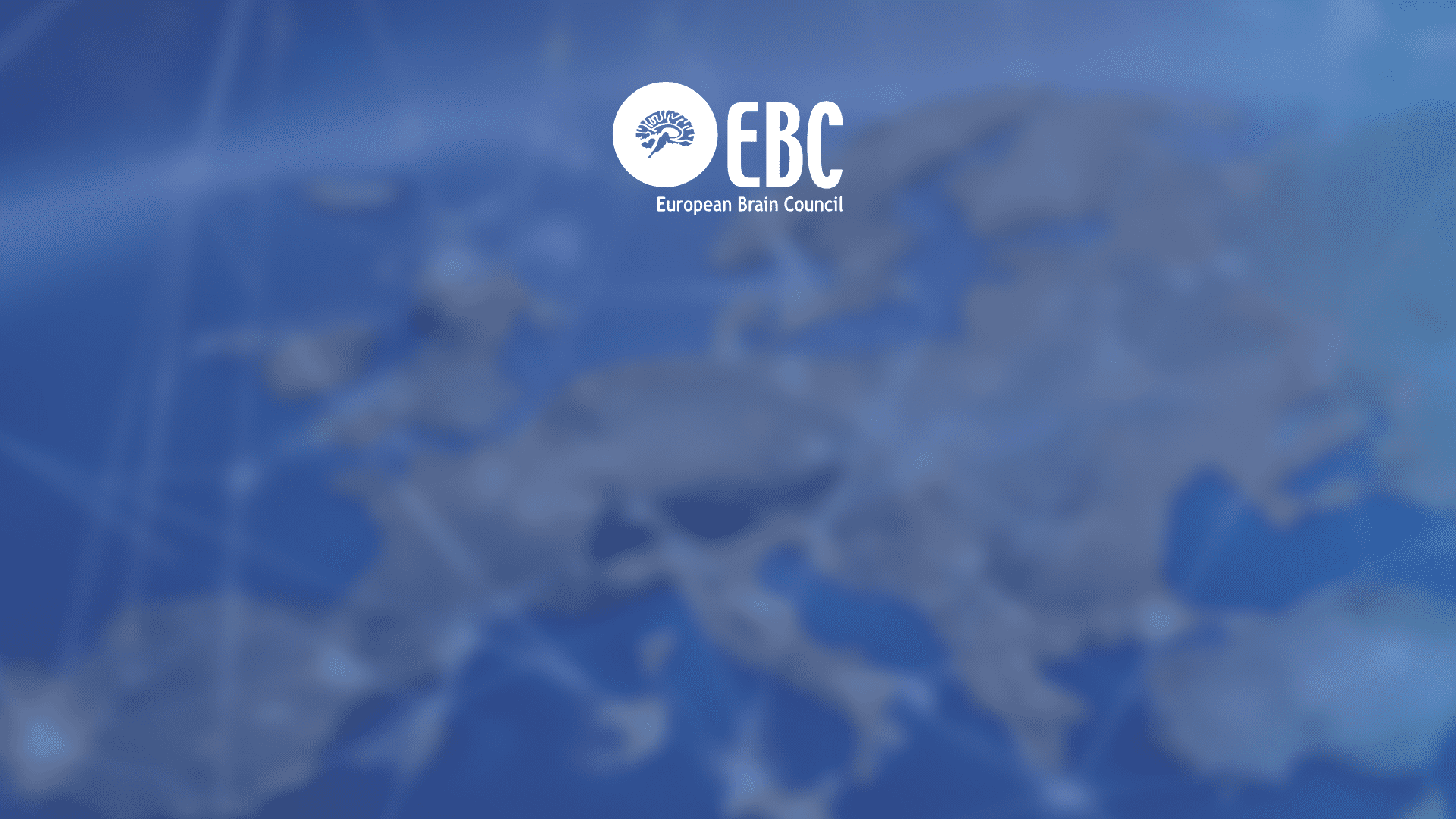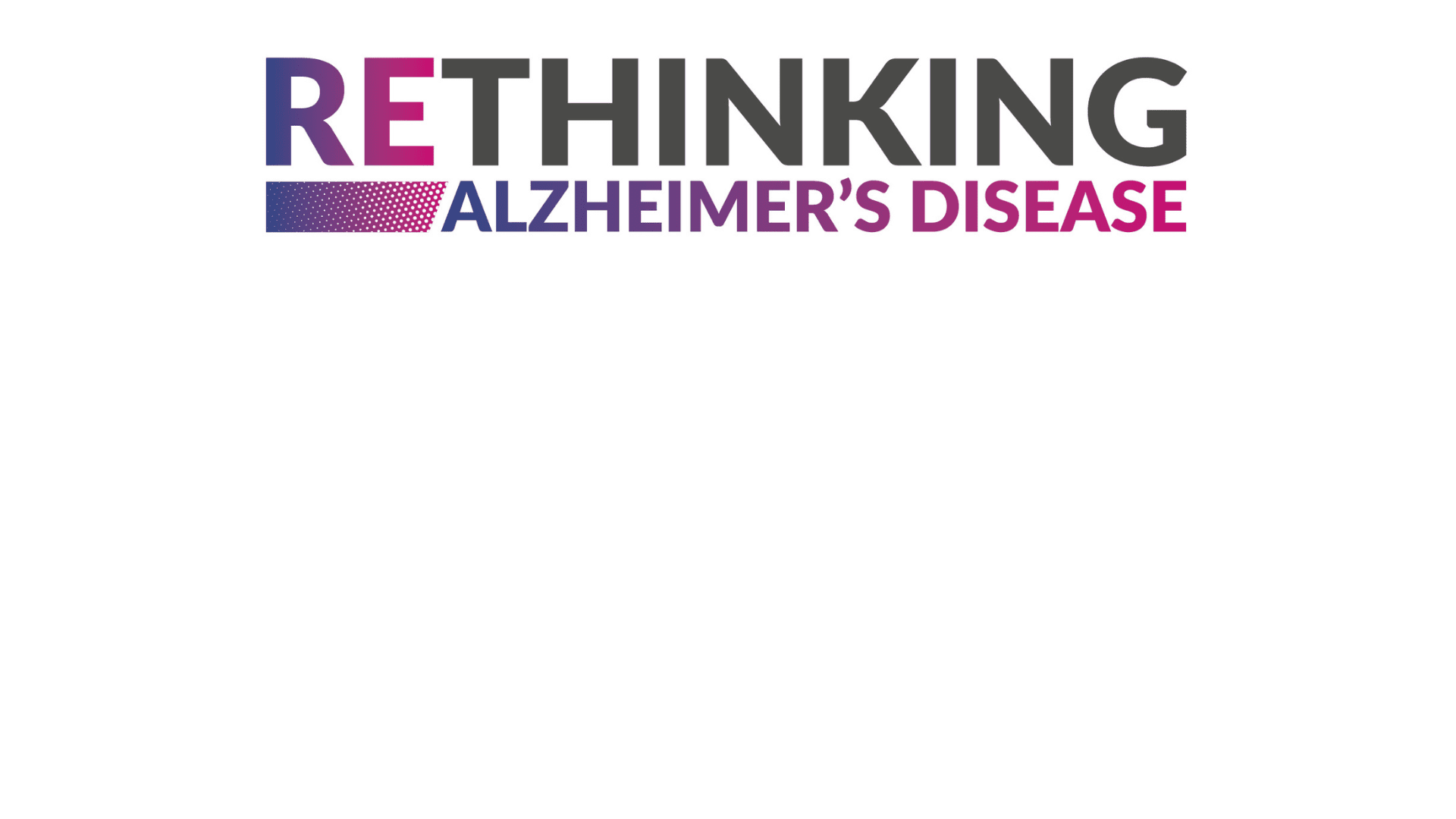On 24 February 2025, the World Health Organization (WHO) released its 2024 European Health Report, marking the end of the European Programme of Work 2020-2025 and reflecting on key achievements and major public health challenges the European region is facing. It is structured into several sections, covering topics such as non-communicable diseases and mental health.
The European Brain Council welcomes this report. While several encouraging developments can be highlighted, other findings illustrate the urgent need to step up coordinated and multidisciplinary action across the European Union and beyond to tackle the pressing and growing burden of brain disorders, neurological and mental alike.
According to the report, almost all European countries have now established and implemented mental health strategies at national level. Although their degree of implementation varies, this is promising progress and very much aligns with the policy priorities highlighted in EBC’s 2024 EU Elections Manifesto and “Towards an EU Coordination Plan for the Brain” Joint Statement. This particularly resonates with the need to support the development of national brain strategies to tackle brain disorders throughout the life course, in a transdisciplinary and coordinated manner, and to involve people with lived experience in the design and implementation of such policies. These policies can have tangible impacts on the lives of EU citizens: for example, as the establishment of mental health strategies progressed, the number of deaths by suicide decreased by 16% between 2015 and 2021.
On the other hand, several worrying developments must be underlined. Alzheimer’s disease and other dementias now represent the leading cause of disability and the 4th leading cause of death in the European region, when it was ranked as the 10th leading cause of death in 2000. As the population ages, this trend will only worsen, with the WHO now projecting the burden of Alzheimer’s and dementia to double by 2030. Furthermore, stroke ranks as the third leading cause of death in the European Union. This alarming burden and sharp increase of incidence is a striking demonstration of the need for greater attention and prioritization of brain disorders in both the EU and national policy agendas.
This report clearly echoes EBC’s plea for urgent and coordinated policy action to tackle the burden of brain disorders, neurological and mental alike, in Europe. Overarching and collaborative approaches at national level, coordinated under a common EU strategy, must be implemented to match the targets set by the multiple WHO Action Plans, which Member States committed to reach by 2030-2031. These strategies must break down silos, centre around a life course perspective, and acknowledge the importance of healthy brains for our entire societies and future generations. They must ensure that both basic and translational research are adequately funded and supported through European and national programmes, address the increasing strain on research and healthcare workforce, while acknowledging the pivotal role played by research and innovation in the European region’s competitiveness.
This is precisely why EBC is organizing the event “Towards the Establishment of National Brain Plans in Europe and Beyond”, as part of Brain Awareness Week. This event aims to provide a platform for showcasing success stories and best practices, fostering knowledge exchange, encouraging discussions, and supporting the development of additional brain plans.






